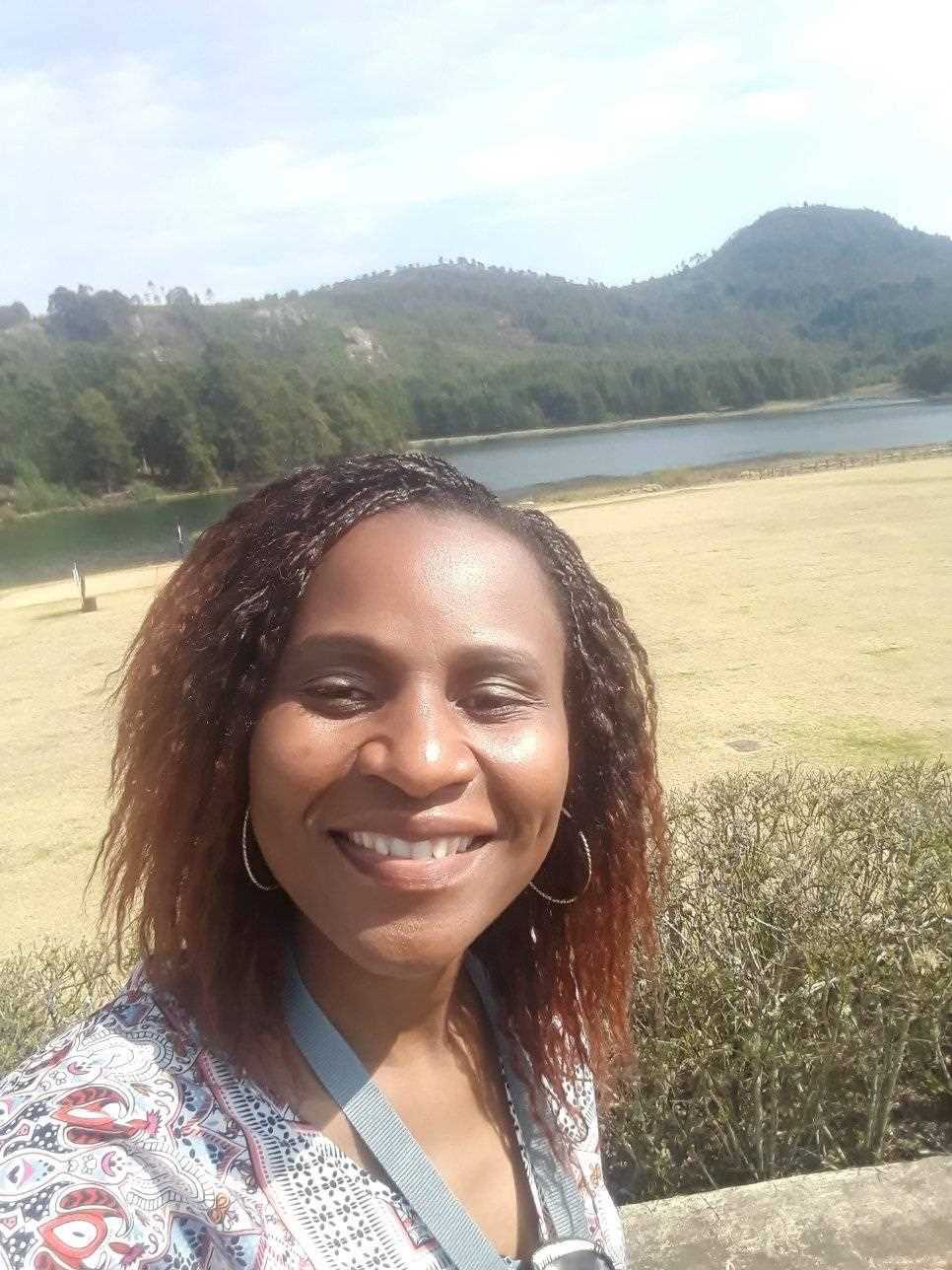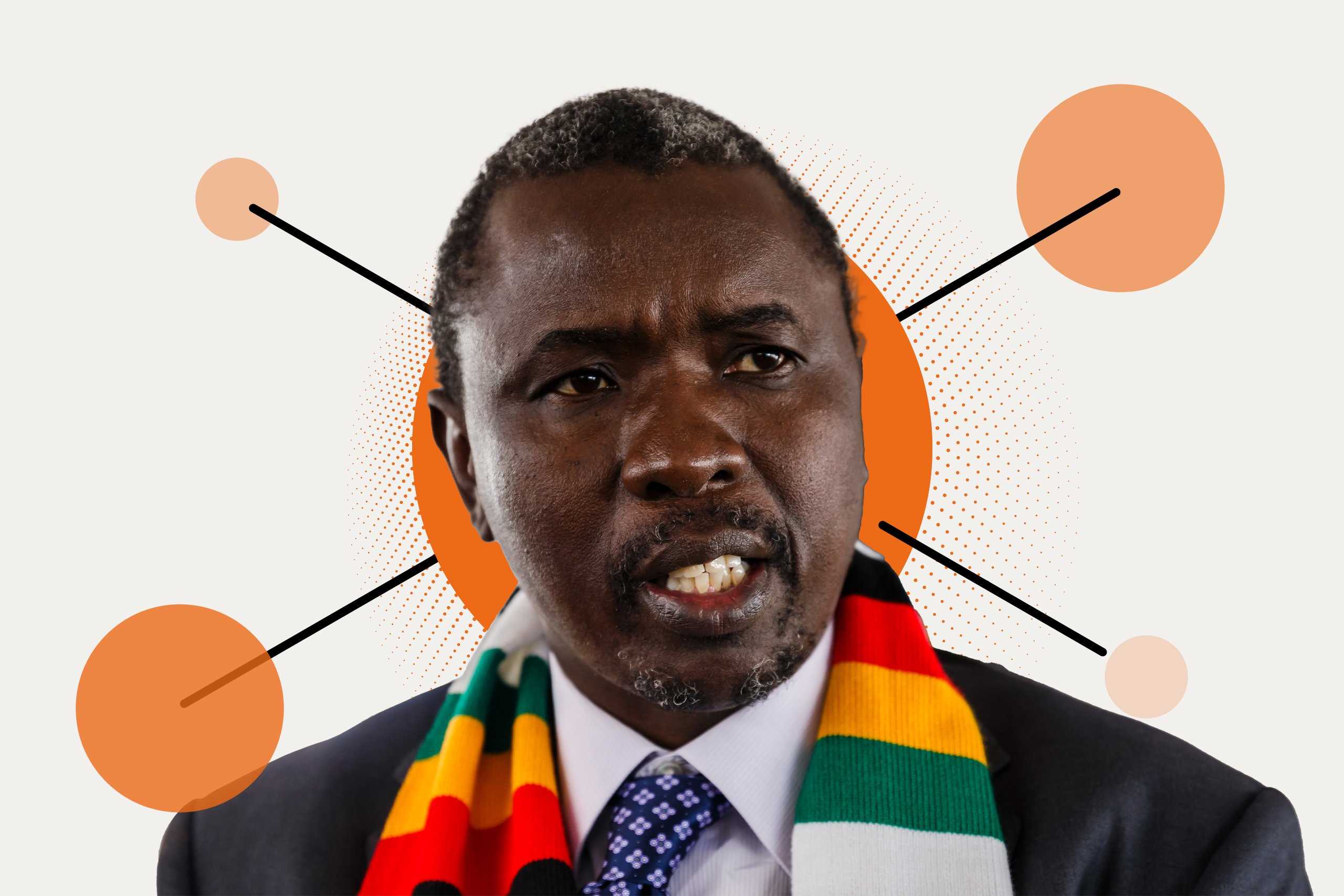
Philemon Jambaya
In the bustling streets of Harare, Zimbabwe, a different kind of hustle is brewing. Amidst the vendors and commuters, a growing number of women are clutching mobile phones, eyes glued to online betting platforms.
These aren’t casual punters seeking a thrill; they’re mothers, daughters, and sisters driven by a harsh reality – the desperate need to survive in a country grappling with economic hardships.
The number of formally employed Zimbabweans has shrunk significantly, leaving many families teetering on the brink. Inflation gnaws at incomes, turning basic necessities into luxuries.
For women, the burden is often heavier. Traditional gender roles and limited job opportunities leave them particularly vulnerable to poverty.
It’s in this bleak landscape that betting beckons as a glimmer of hope. Stories abound of single mothers winning enough to pay school fees or buy groceries for a week. The internet amplifies these narratives, presenting betting as a path to financial independence, a shortcut to a better life.
Yet, the reality is far more complex. While some have found temporary reprieve, many more are ensnared in a cycle of addiction and despair.
Betting, like any gamble, comes with both wins and crushing losses. For women already struggling to make ends meet, the risk of losing their meagre savings can be devastating.
“I started with small bets, just hoping for a little extra,” confides Mary, a single mother of two.
“Then, when inflation spiked, I felt like I had no choice. I won once, twice, but then everything just disappeared.”
Related Stories
Mary’s story is echoed by others. They speak of neglecting household chores, sacrificing meals, and hiding losses from loved ones. The shame and stigma attached to gambling add another layer of burden, pushing women into isolation and hindering their ability to seek help.
However, amidst the struggle, resilience shines through. Community-based organisations are stepping up, offering counselling and financial literacy programmes to help women navigate the financial pitfalls of betting. They encourage alternative income generation activities and push for greater financial inclusion initiatives.
The government has also taken notice, proposing regulations to curb predatory practices and protect vulnerable citizens. But ultimately, the solution lies in addressing the root causes of poverty and empowering women with access to education, skills training, and sustainable livelihoods.
Betting may offer a temporary lifeline, but it cannot be a long-term solution. The real victory lies in creating a system where women don’t have to gamble with their futures, where their hard work, not a lucky wager, determines their path to a secure and dignified life.
A social worker, Jane Jambaya believes that it needs a holistic approach to help women who are addicted with betting.
“Helping women who are into gambling would perhaps require a holistic approach in which we consider the spiritual, emotional and mental, physical and financial aspects.
“Spiritually what do they believe in? Emotionally and mentally, how stable are they? Financially, how can they be empowered so in all these aspects we will have to empower them through the bit that they value most?” she asked
Jambaya believes that women should not be judged or labelled.
“It’s not about judging them or labelling them but holding their hand, believing that they have the power to change into financially independent women who can go beyond gambling,” she added.


















Leave Comments